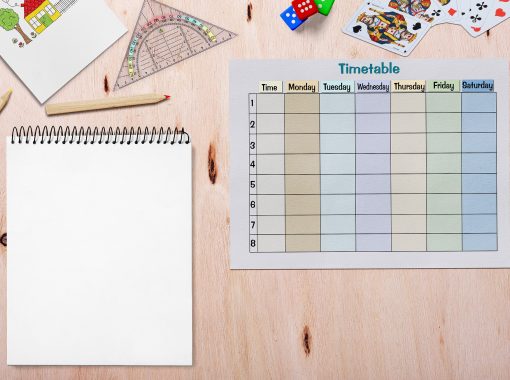
3 Mistakes to Avoid When Pitching To Media
Pitching to the media is tricky. It can take time, patience, and persistence. Many media representatives will tell you that it’s about building a relationship. And that can definitely play a role in your success. However, much of your success is going to be because of your timing and the quality of your news. Let’s take a look at some of the most common mistakes people make when pitching to the media.
Mistake #1 – Assuming That They Care
The media only cares about your story and your pitch if it is relevant to them and their audience. They only care if it helps them write a good story. Most of the press release pitches that any individual journalist received are irrelevant to them. Your first step is to make sure that the information that you’re sending them is important and relevant to their (as well as your) audience. The second step is to write a great press release, one that makes them care about your news.
Mistake #2 – Mass Pitching
Each media pitch that you make should be a well-constructed, personal, and original message carefully crafted for that specific journalist. Sure, you’re sending each media representative the same press release. You’re not customizing the release – don’t do that. However, you are sending them a personal email. You can reach out to them via the telephone, but email is more effective and most people prefer it. Do your research and make sure that you spend time finding the right journalists to receive your pitch.
Mistake #3 – Poor Timing
Your product is launching in three days, your press release goes out in two, and you’re sending your email pitch today. This is a mistake. Make sure that each media representative that you reach out to has at least a week, possibly two, to not only get back to you, but to write a story. If the product is being launched in two days, by the time the press gets back to you, it’ll be old news. Your release won’t get picked up. Plan ahead. Know when you’re going to write press releases and when you’re going to pitch to the media. Make sure there’s plenty of time for everyone to do their job and to do it well.
Pitching to the media can take time. You may have to send several pitches and wait months to get a response from a media representative in your industry. But it’s worth the time, effort and energy. Plan to succeed. Establish your goals for your press releases. From that foundation, create a strategy and don’t forget to track your results. Know which journalists you sent releases too, what you sent, and how or if they responded. Pitching is part of your strategy and it should be managed in the same deliberate manner.











